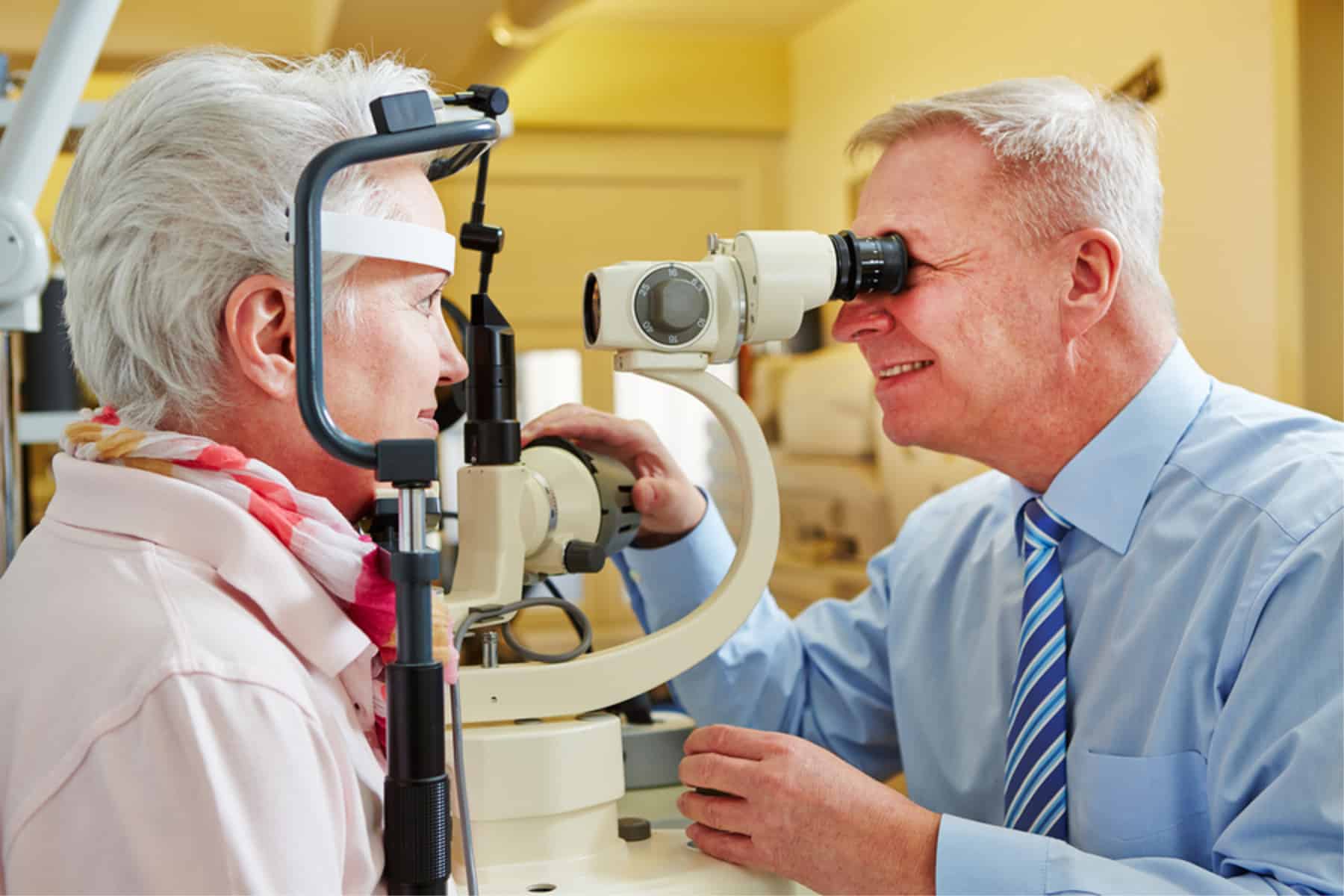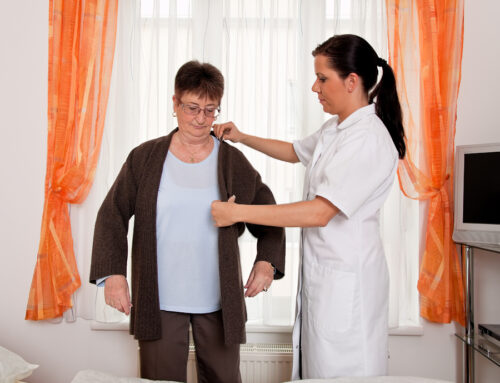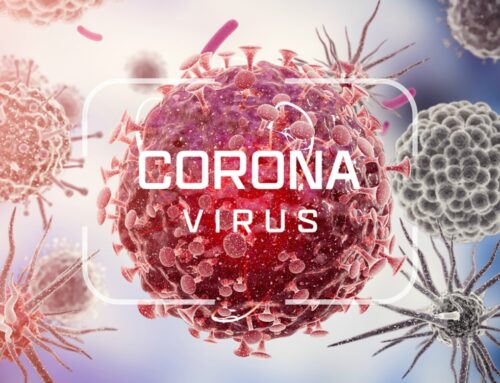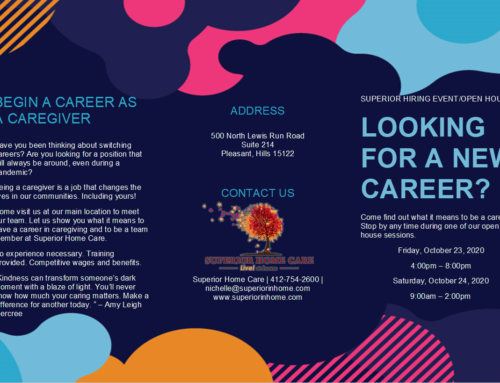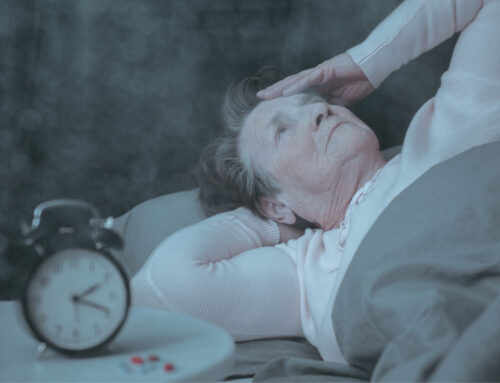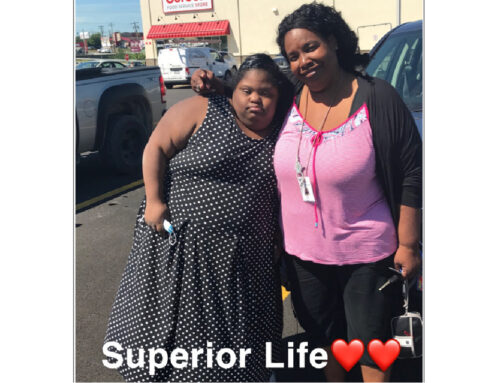Age-related macular degeneration (AMD) is the top cause of vision loss in people aged 60 and older. It causes irreversible vision loss and can even result in blindness. People who have AMD lose their central vision, making it hard to see what is right in front of them. If your aging relative has AMD, knowing more about it can make you a more effective family caregiver. Below are 4 facts about AMD to get you started.
#1: The Rate of Progression Varies
For some older adults, AMD progresses very slowly so that it takes a long time for them to experience any vision loss. However, in some people, it can move quickly and affect one or both eyes. Regardless of how quickly it progresses, AMD damages an area of the eye called the macula, which is located at the back of the eye. It is the part of the eye that is responsible for good central vision.
#2: Macular Degeneration Affects Millions of People
About 11 million people in the United States currently have AMD. That number is expected to double by 2050. The biggest risk factor for developing the disease is age. Between the ages of 50 and 59, the chances of getting AMD is only 2%. By the time a person reaches age 75, the risk is up to 30%.
#3: There Are 2 Kinds of Macular Degeneration
The two kinds of macular degeneration are wet and dry. 90 percent of cases are the dry form. The other 10 percent of cases are wet macular degeneration. However, wet macular degeneration is responsible for 90 percent of cases of legal blindness. Wet macular degeneration always starts out as dry. However, it is possible for a person to have the dry kind and have vision loss without it turning into the wet kind.
#4: Lifestyle Can Affect the Chances of Getting AMD
Living a healthier lifestyle can reduce the risk of older adults developing AMD. Some things they can do to prevent the disease include:
- Not smoking.
- Being physically active.
- Managing blood pressure and cholesterol levels.
- Eating a healthy diet.
If your aging relative has AMD, elder care can help them to manage the disease and cope with vision loss. An elder care provider can remind the older adult to use medications that have been prescribed for the disease. Elder care providers can also assist with tasks that become difficult because of vision loss, such as helping with reading mail or recipes. Elder care can also offer transportation when vision loss keeps the older adult from driving.
If you or an aging loved-one are considering hiring a Caregiver in Pittsburgh, PA, talk to the caring staff at Superior Home Care today. Call us at 412.754.2600
Sources
Nei.nih.gov
Brightfocus.org


